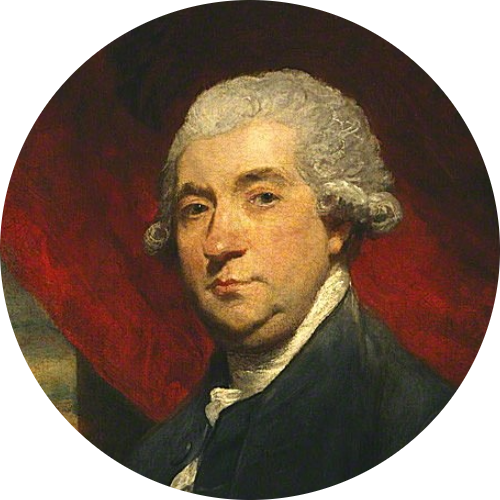Son of Alexander Gordon, 2nd Duke of Gordon, and Henrietta Mordaunt. In 1767 he married Jean Drummond (d. 1795), widow of James Murray, 2nd Duke of Atholl. In 1786 he became commander-in-chief of the army in Scotland and Governor of Edinburgh Castle. Also a sometime MP for Aberdeenshire and Kincardineshire.
Having received his early education at Eton College, Gordon embarked on his military career at a young age, enlisting as an ensign in the 2nd Dragoons in 1741. He was promoted to lieutenant in 1743 and then to captain in the 18th Regiment of Foot in 1746. In 1754, he was elected as a Member of Parliament for Aberdeenshire. He was made lieutenant-colonel of the 3rd Foot Guards in 1756.
Gordon actively participated in military campaigns throughout his career. In 1758, he took part in the descent on Cherbourg and fought at the Battle of St. Cast, where he led the grenadier company of the Guards as part of the rearguard. On 19 January 1763, he was made colonel of the 66th Regiment of Foot. The following year, he toured the West Indies, the American colonies, and Canada, with an interest in investing in land. This tour included a visit to Charleston and the Lowcountry of South Carolina in 1764 and 1765. He returned to England in 1765.
He reached the rank of major-general by 1772. On 27 December 1775, Gordon was appointed colonel of the 26th Regiment of Foot, but he did not receive a command during the American Revolution. He was promoted to lieutenant-general in 1777. In 1782, he became colonel of The Royal Scots and in 1789 was appointed Commander-in-Chief in Scotland. He was promoted to general in 1793. In 1796 he resigned his governorship of Tynemouth for the governorship of Edinburgh Castle. He was replaced as Commander-in-Chief in 1798.
Political career
Gordon's political career was intertwined with his military service. He supported the recently fallen Duke of Newcastle during the parliamentary inquiry into his ministry's role in the loss of Menorca. This inquiry, which took place in 1757, examined the circumstances surrounding the British loss of Menorca to the French during the Seven Years' War.
However, Gordon's political leanings appear to have shifted in the following years. After the 1761 election, he continued in Parliament as a supporter of the rising Lord Bute, who served as Prime Minister from 1762 to 1763. In 1762, he sought to intervene with Bute on behalf of his friend Lord George Sackville, a controversial military figure who had been court-martialed for his conduct at the Battle of Minden in 1759.
Gordon was a zealous supporter of Lord North's government, which held power from 1770 to 1782. He applied for and received the governorship of Tynemouth castle in 1778. In 1774, he was returned unopposed as MP for Kincardineshire, despite having no fortune there. This suggests that his political influence and family connections outweighed his lack of local landownership.
Despite his consistent support for the Administration in Parliament, Gordon failed to obtain an active military command either in America or India. This lack of advancement, despite his experience and qualifications, may have contributed to his later dissatisfaction with the government's policies.
Following the Treaty of Paris in 1783, which formally ended the American Revolutionary War, Gordon expressed unhappiness with the terms and the fate of the loyalists. He subsequently supported the new ministry of William Pitt the Younger, who came to power in 1783, before leaving the parliament in 1788.
In 1764 he was a Colonel of the 66th Foot Regiment, with which he left England for Jamaica in April of that year. They arrived there in June, but already in August, Gordon continued on for a tour of the British colonies on the North American continent. He arrived back in England in November 1765. In 1766 he received a grant of 20.000 acres of land in East Florida, but rumours about him being appointed Governor of Massachusetts proved to be untrue.
A relative of his, Harry Gordon, described him in the following way: "Lord Adam is warm sometimes, whimsical a little, but of the warmest friendship".1
Mentioned on December 26, 1762 (as Lord Adam Gordon) when Boswell visited him, having been recommended by James Murray. Gordon was then a Colonel of the Guards.
- 1s (1961). England in the Age of the American Revolution. St. Martin's Press. pp. 267-269
